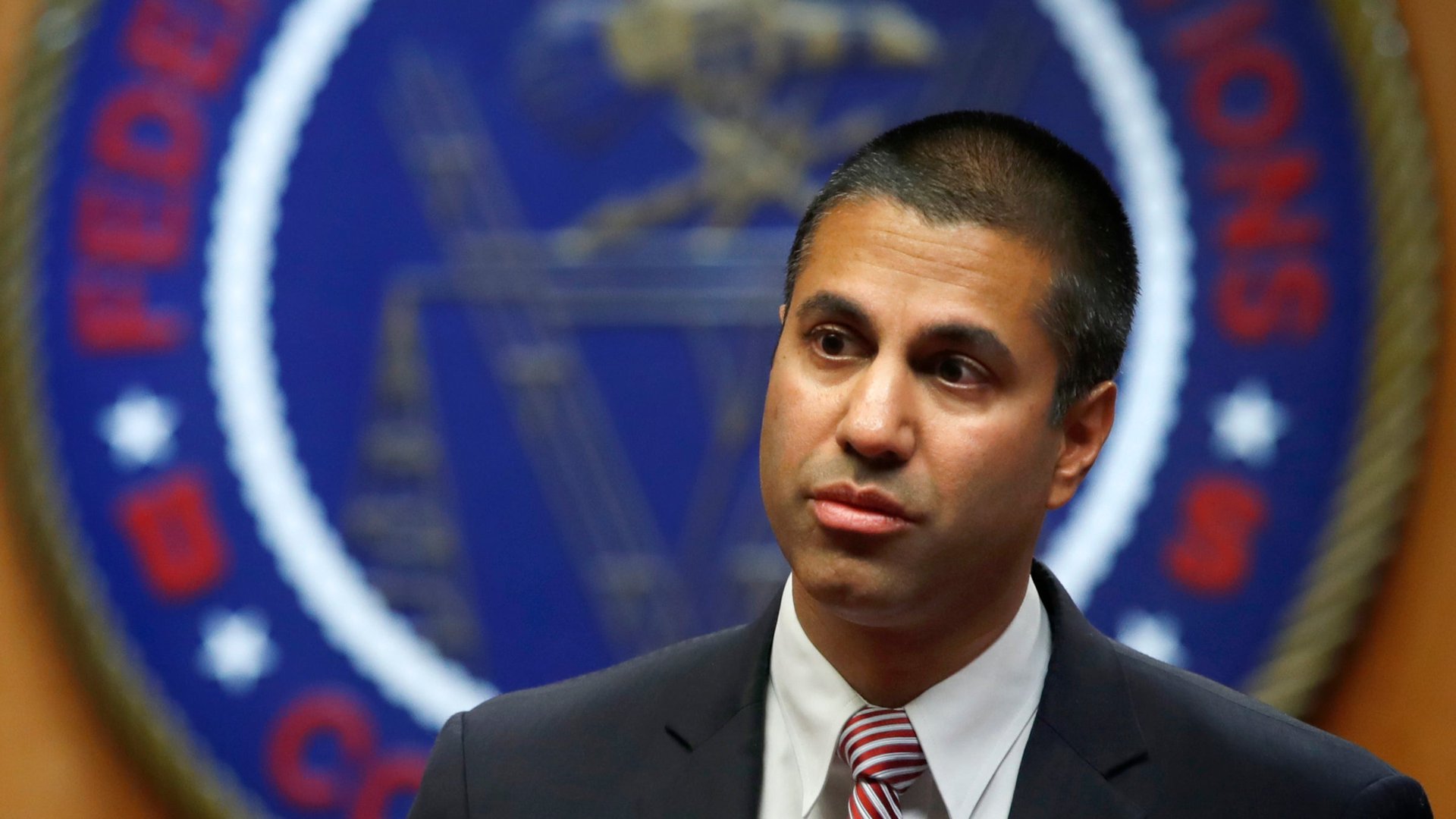The first illegal satellite launch came with a $900,000 penalty
US telecom regulators said today, Dec. 20, that Swarm Technologies, the first company to ever launch satellites illegally, will pay a $900,000 settlement and submit to extra scrutiny ahead of future operations.


US telecom regulators said today, Dec. 20, that Swarm Technologies, the first company to ever launch satellites illegally, will pay a $900,000 settlement and submit to extra scrutiny ahead of future operations.
“Unauthorized deployment and operation of satellites risks satellite collisions and radio frequency interference, threatening critical commercial and government satellite operations,” the Federal Communications Commission (FCC) said in a statement. “To settle this matter, Swarm Technologies admits that it engaged in these unlawful acts, will implement a five-year compliance plan, and will pay a $900,000 civil penalty.”
Founded by aerospace engineers Sara Spangelo and Benjamin Longmier in 2017, and backed by funding from NASA, the US Navy, and the National Science Foundation, Swarm has been developing ultra-small satellites designed to form a space communications network. It hasn’t announced any other backers beyond government grants, but is working closely with San Francisco-based investors Craft Ventures.
“We accept the decision of the FCC as reflected in its consent decree and appreciate the FCC’s ongoing support for Swarm’s mission,” Spangelo said in a statement. “With the recent FCC authorized launch of three new Swarm satellites into low Earth orbit on the latest SpaceX Falcon 9 rocket, we move one step closer to enabling low-cost, space-based connectivity anywhere in the world.”
In January 2018, the company launched four satellites into orbit in defiance of the FCC’s denial of their application to operate the satellites. The agency had feared they would be too small to be detected in space, potentially raising the danger of collision.
In March 2018, the FCC discovered that Swarm had undertaken an illegal launch two months earlier, and began an investigation, which was handed over to its enforcement bureau in May. The consent degree released by the FCC reveals that after the January launch, Swarm communicated with its satellites for a week without official permission. According to the document, the company also conducted tests of its transmitters between a weather balloon and moving cars in Palo Alto, California, which is not legal without FCC permission.
As the investigation proceeded, the FCC gave Swarm approval to begin communicating with its satellites in August, and permission to launch more of its ultra-small satellites in November on a SpaceX rocket—despite the agency’s initial concerns, it turns out that commercial radar stations have consistently been able to track the Swarm satellites.
As cost of access to space falls, government regulators used to infrequent launches by large organizations are now facing an environment where many new companies are launching satellites. Swarm’s Uber-like approach of asking forgiveness rather than permission is just one symptom of Silicon Valley’s growing investment in aerospace start-ups.
“I think the FCC wants to send a signal to anyone wanting to get into the satellite business that they have the necessary approvals…a signal that people want to get their regulatory house in order before they launch a satellite,” Brian Weimer, a partner at SheppardMullin who represents clients before the FCC, told Quartz this fall.
The first settlement between Swarm and the FCC, negotiated by attorneys representing the company and the agency’s enforcement bureau, was rejected by agency commissioners as too low. That’s likely because it was difficult for the FCC to identify specific harm to third parties caused by Swarm’s actions beyond the company’s statutory violations, according to lawyers familiar with the FCC.
FCC commissioner Michael O’Rielly says that even the new, higher penalty, is still inadequate. “The size of the penalty imposed is probably not significant enough to deter future behavior, but the negative press coverage is likely to prevent this company and others from attempting to do this again,” O’Rielly said in a statement.